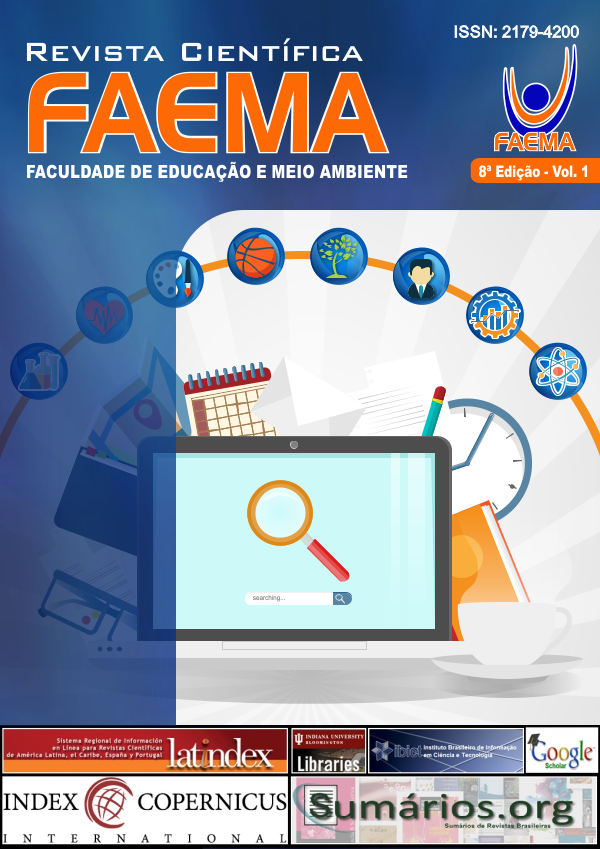A Atuação do profissional farmacêutico no controle das infecções hospitalares
Conteúdo do artigo principal
Resumo
Uma infecção hospitalar (IH) pode ser contraída após a admissão do paciente ao hospital que é comprovada no correr da internação do indivíduo ou após a alta. As IH podem ser contraídas por duas fontes, endógenas que tem origem da própria flora do paciente, e as exógenas que ocorre a transmissão através de outras fontes, como procedimentos invasivos e falhas técnicas. Nos últimos anos o índice das IH tem aumentado consideravelmente, resultando em um sério problema no âmbito hospitalar. O objetivo dessa revisão bibliográfica é mostrar a significância das IH pelo uso indiscriminado de antimicrobianos e por falhas nas medidas de prevenção dos profissionais da saúde, que tem sido fatores agravantes para proliferação de bactérias resistentes. A Comissão de Controle de Infecção Hospitalar (CCIH) atua com medidas de controle dos agentes responsáveis pela multiplicação de microrganismos. O presente estudo destacou dados importantes sobre as atividades que o profissional farmacêutico vem se instruindo para agir diretamente no autocontrole das IH, possibilizando o uso racional de antimicrobianos, vigilância nas receitas prescritas de antimicrobianos, a dispensação desses fármacos e elaboração de novas medidas de conscientização dos profissionais da saúde.
ABSTRACT: A hospital infection (IH) can be contracted after the admission of the patient to the hospital that is proven in the course of the hospitalization of the individual or after discharge. The IH can be contracted by two sources, endogenous that originate from the patient's own flora, and the exogenous ones that transmit through others sources, such as technical failures and invasive procedures. In recent years the IH index has increased considerably, resulting in a serious hospital problem. The objective of this literature review is to show the relevance of IH for the indiscriminate use of antimicrobials and errors in the prevention measures of health professionals, which have been aggravating factors for the proliferation of resistant bacteria. The Hospital Infection Control Commission (CCIH) is an agency responsible for the control of hospital infections and acts with control measures of the agents responsible for the multiplication of microorganisms. The present study highlighted important data about the activities that the pharmaceutical professional has been instructing to act directly in the HI's self-control, providing the rational use of antimicrobials, monitoring the prescribed antimicrobial prescriptions, dispensing these drugs and developing new awareness measures for health professionals.


